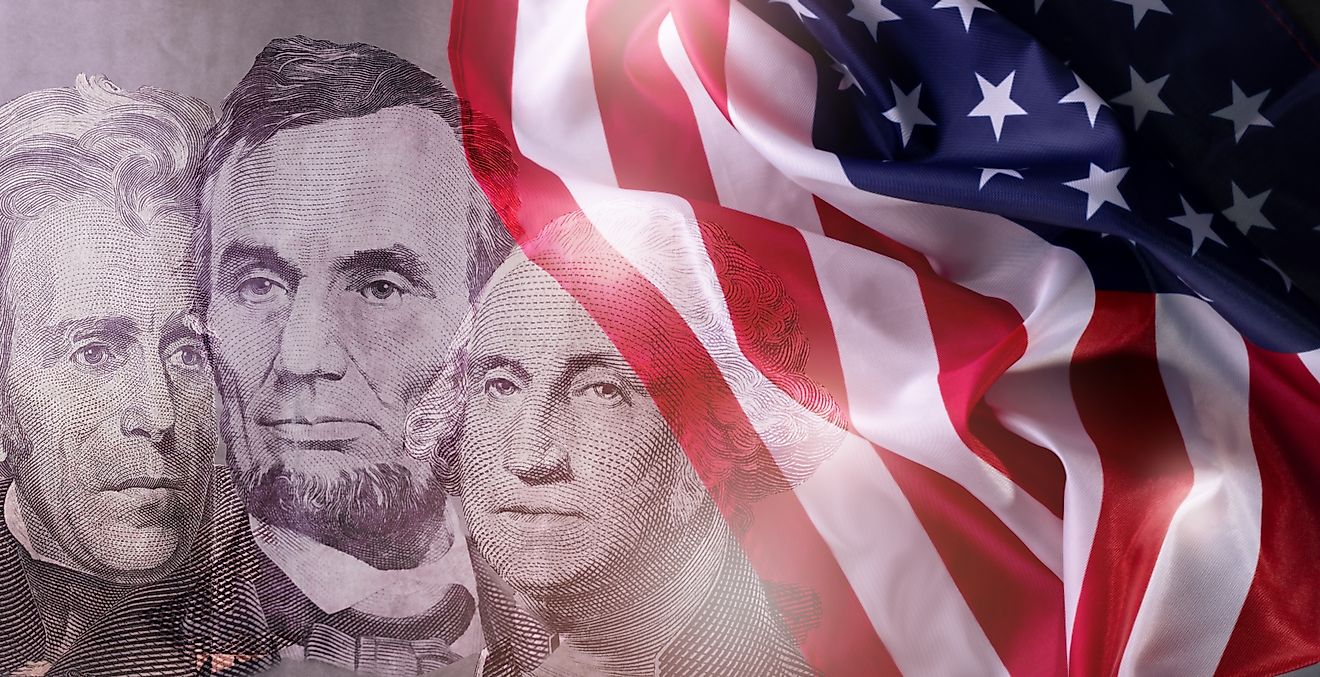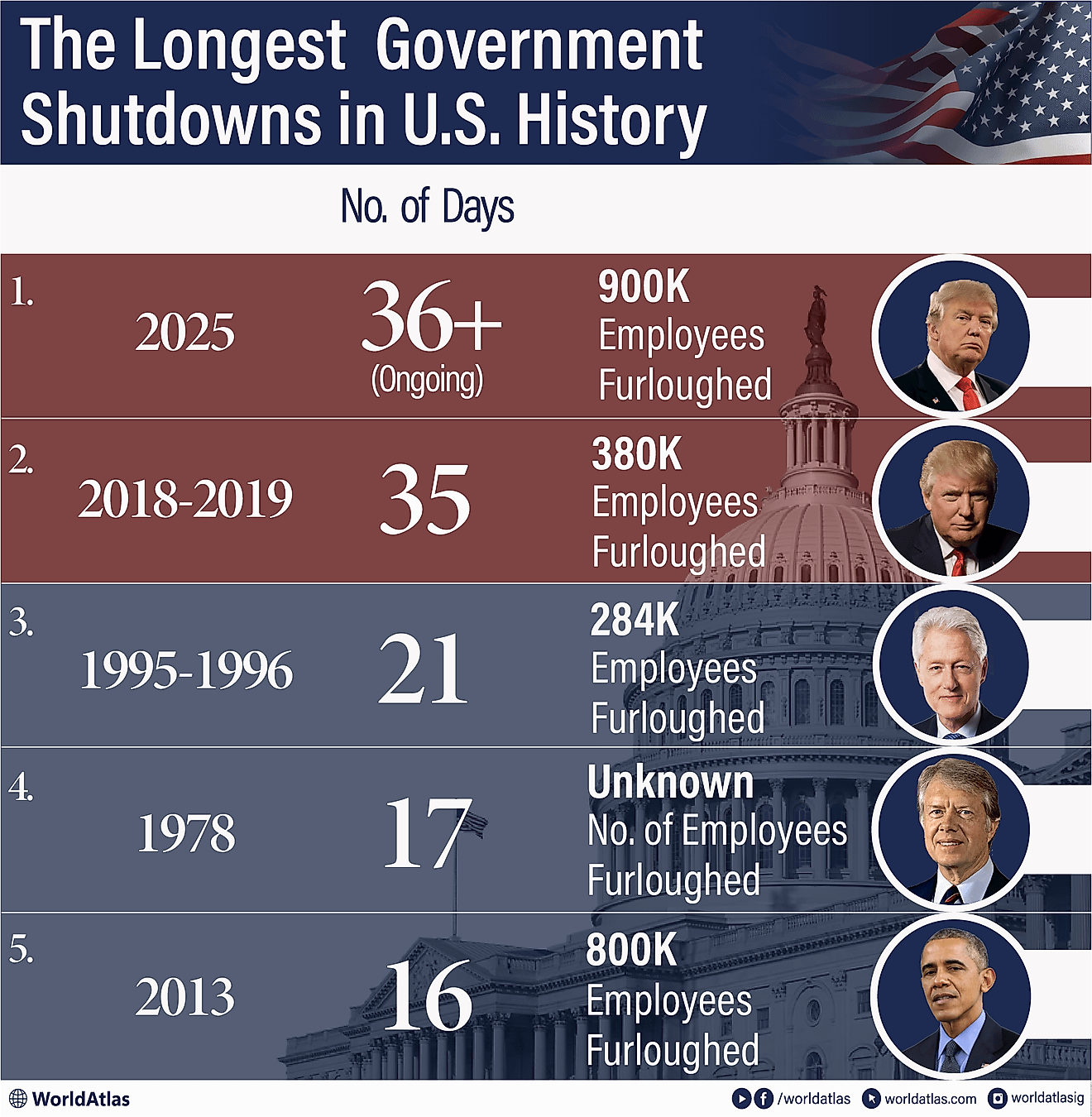What Type Of Government Does Guinea-Bissau Have?

Guinea-Bissau is a west-African country which gained independence from Portugal on September 24th, 1973. The country is a semi-presidential democratic republic. The country’s political landscape has been shaped through years of civil wars, several coups, and the assassination of a sitting president.
Constitution of Guinea-Bissau
The Constitution of Guinea-Bissau is the supreme law of the country with all legislation and laws being subordinate to it. Guinea-Bissau promulgated its first constitution in 1973 after attaining self-rule from Portugal. However, years of civil strife compounded by military coups have led to the constitution being suspended in 1980 which was later ratified in May, 1984. The current constitution was promulgated in 1991 and has been amended twice; first in 1993 and later in 1996. The Constitution is made up of three parts and 127 Articles. Part I of the Constitution dictates the sovereignty of Guinea-Bissau which is vested in the people and outlines the separation of the State from religious affiliations. All fundamental rights enjoyed by residents of Guinea-Bissau are outlined in Part II of the Constitution which also includes rights of foreigners, workers and political parties. The branches of government are indicated in Part III of the Constitution which outlines their respective composition, rights and privileges.
The President
The Presidency as an institution was established in 1973 and is enshrined in the Constitution. The President is the head of state and the senior-most representative of the country in local and foreign matters. The President is elected through universal adult suffrage by a popular direct vote to serve a five-year term. Since independence, no single head of state in Guinea-Bissau has completed a full five-year term due to coups, civil wars, and assassinations.
The Executive
The Executive is the arm of government mandated in implementing government policies and is made up of the Prime Minister, the Council of Ministers, and the Secretaries of State. The Executive is responsible for informing and advising the head of state on domestic and international politics. The Prime Minister is mandated to appoint the Council of Ministers as well as Secretaries of State with the appointments later being confirmed by the head of state.
The Legislature
The National People’s Assembly is the main legislative organ of government and is comprised of a single-chambered (unicameral) parliament. The National People’s Assembly is established by the Constitution and acts as the people’s representative in governmental affairs. The assembly is made up of 102 seats, where 100 seats are reserved for elected members while the 2 remaining seats are allocated to representatives of Guinea-Bissau expatriates. The elected members (also known as deputies) are elected through universal suffrage in a direct popular vote during democratic elections conducted in electoral districts. The primary role of the National People’s Assembly is the formulation of legislation. However, the Legislature is empowered by the Constitution to have the authority to revise the Constitution.
The Judiciary
Article 119 of the Constitution provides for the establishment of the judiciary which is responsible for the administration of justice equally to all people. The Supreme Court is the highest judicial organ in Guinea-Bissau and has a bench of five judges.











